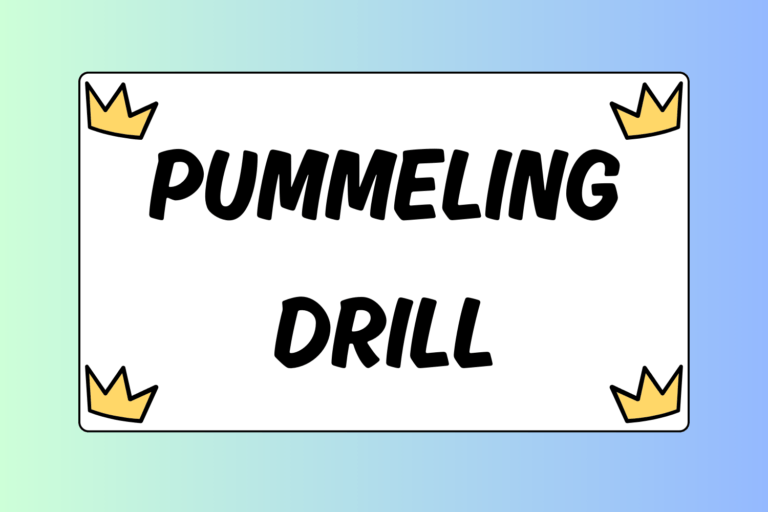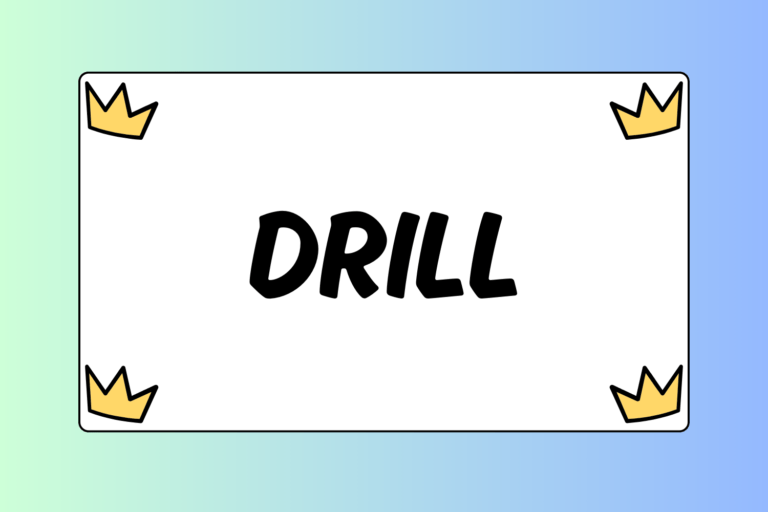Refereeing is one of the toughest, yet most rewarding jobs in wrestling. It takes a special type of individual to maintain a calm demeanor while overseeing the rules and procedures of each style. If you think you have what it takes and are interested in becoming a referee, this guide will give you a better idea of where and how to start your career.
Get Experience
Before becoming an officially licensed referee, it’s a good idea to get your feet wet by refereeing as many unofficial matches as possible. These will typically be matches at the youth level, or even scrimmage matches at the scholastic level, that do not require a licensed referee. This is a great way to get a feel for the job in a comfortable atmosphere. At this level, if you make a mistake or forget a rule, it won’t be as critical as it would if you were refereeing an official competition.
No matter the level you choose to officiate, just make sure you’re having fun and learning as much as you can in order to establish a base of knowledge for yourself.
Hot Tip: Watch Matches
Aside from physically refereeing as many matches as you can, a great way to gain knowledge and experience is to simply watch live matches. By watching as many matches as you can, you will be able to focus on commonly enforced rules. You’ll have a better understanding of difficult calls, and you’ll be able to take general notes on other referees and observe how they handle the procedure of a match.
Attend a Training Seminar
Although it’s not impossible to become a referee without any actual wrestling experience, being a former competitor at some level (scholastic, collegiate, etc.) is definitely encouraged to ensure that you have a basic grasp on common rules and procedures. However, no matter your experience level, most referee’s associations or organizations require each referee to be formally trained on the application of the rules and procedures of the sport.
Most organizations will require you to attend some type of training course, clinic, or seminar. Some organizations may even require an annual attendance. Certain associations may also issue a test that you must pass before getting licensed. Such training is essential to provide you with information on new rules and amendments to current rules, as well as an open forum for any discussion.
The procedure of becoming a referee will vary depending on the type of wrestling you are interested in, as well as its organization or governing body. Check with the following organizations for more details on the procedure of becoming a referee:
- National Federation of State High School Associations (NFHS) for scholastic wrestling
- National Collegiate Athletic Association (NCAA) and National Collegiate Wrestling Association (NCWA) for collegiate wrestling
- International Federation of Associated Wrestling Styles (FILA) for freestyle and Greco-Roman wrestling
Get the Gear
Every style of wrestling requires the referee to wear an official uniform. Depending on the governing organization and the specific style or type of event, this uniform may vary. Below is a quick list of the uniform officials must wear, including the equipment they will need to oversee the match:
Scholastic & Collegiate Referees
- Black and white striped shirt or gray shirt with black pinstripes
- Black pants or slacks
- Red and green wristbands
- Whistle with lanyard
- Red and green “flip disk”
- Black shoes
- Black socks
Freestyle & Greco-Roman Referees
- Navy blue FILA suit jacket
- Yellow FILA neck tie
- Grey pants or slacks
- Light blue T-shirt or polo shirt
- Black plimsoll shoes
- Black socks
- Whistle with lanyard
Every referee is also required to always carry the rulebook specific to the type of wrestling he is officiating:
- Scholastic rule book
- Collegiate rule book
- Freestyle & Greco-Roman rule book
Get on the Mat
You should now have a better idea of how to begin your path as a referee. Check with the governing bodies mentioned in this guide for more details on what you need to do to begin. Again, it takes a very special type of person to become a good referee. You will not only need to live by the rulebook, but you must also be able to apply each rule while still keeping your head on your shoulders.
It’s safe to say that referees hold the most important job in terms of competitive wrestling, so you should be commended for even considering this (often) near-thankless job. Good luck!





